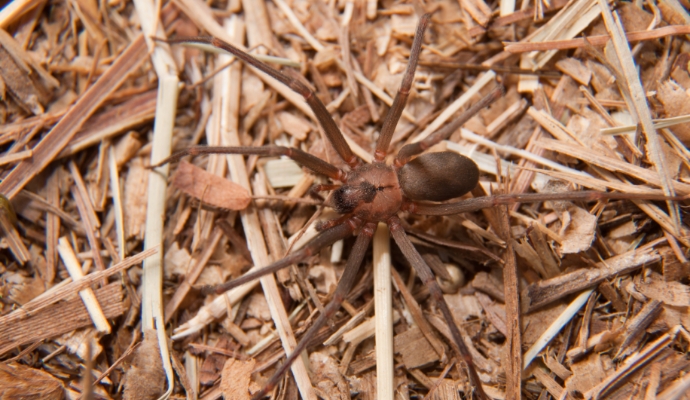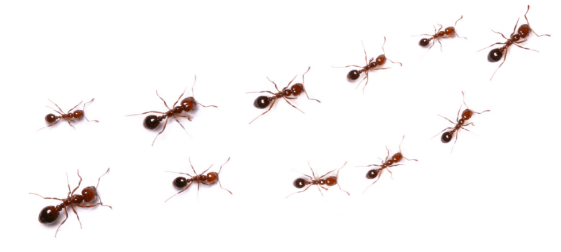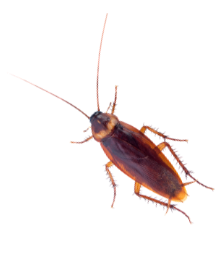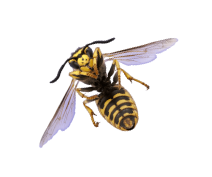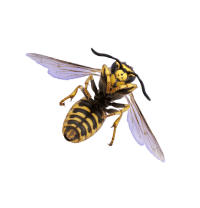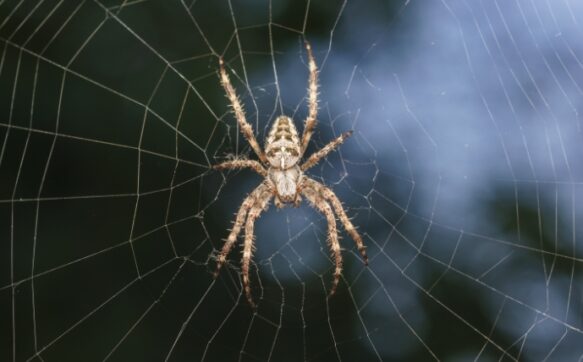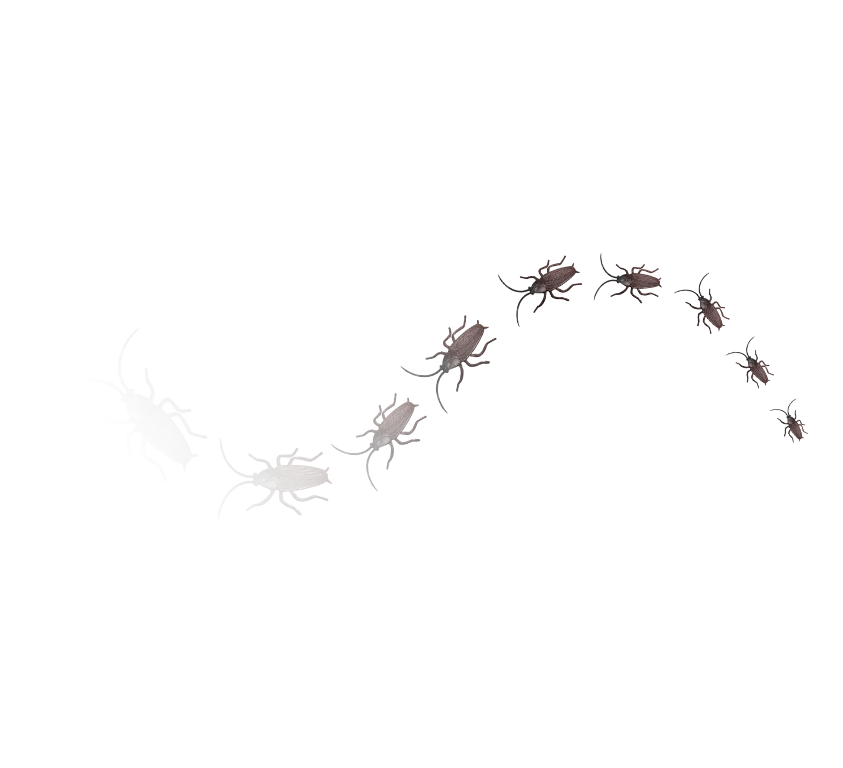
Spiders are solitary creatures, with most species preferring to live and hunt alone. They are primarily nocturnal, hunting for prey at night, and spend their days hidden in quiet, undisturbed parts of the house. Spiders enter homes not to escape the cold, as is commonly believed, but in pursuit of food. Thus, a house with fewer insects will naturally be less attractive to spiders.
Most spiders found in homes are harmless. Common household spiders include the daddy longlegs, house spiders, and jumping spiders, which are more a nuisance than a danger. However, attention should be given to identifying potentially dangerous species such as the black widow, identified by the distinctive red hourglass shape on its abdomen, and the brown recluse, known for its violin-shaped marking on the back.
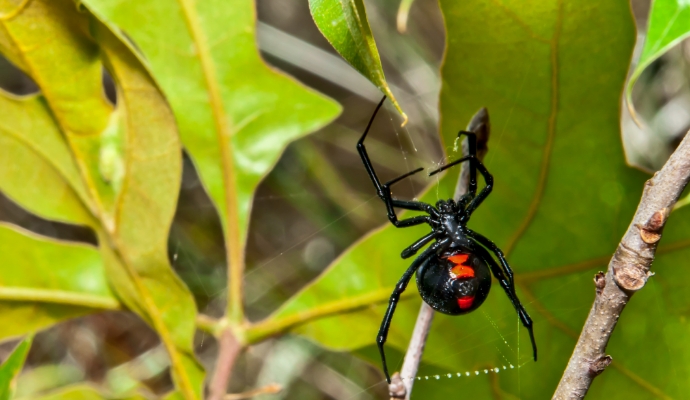
Reduce Outdoor Lighting: Lights attract insects, which in turn attract spiders. Use yellow sodium vapor lights outdoors to lessen this effect.
Maintain a Clean Environment: Regular vacuuming and dusting can remove spiders and their webs. Pay special attention to basements, garages, and attics, where spiders are more likely to reside.
Control Humidity: High humidity levels can attract spiders and their prey. Use dehumidifiers in damp areas to make them less hospitable.
Vegetation Management: Keep shrubs, trees, and other vegetation trimmed away from the house to discourage spiders from entering.
Seal Entries: Caulk or seal gaps around windows, doors, and foundations to prevent spiders from entering the home.
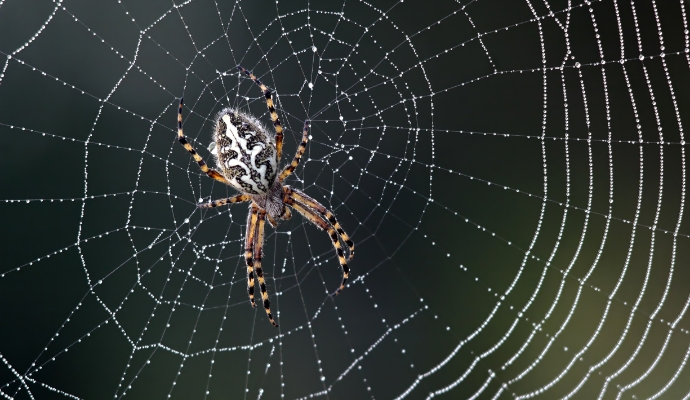
For homes located in areas where venomous spiders are common, taking extra precautions is necessary. If a venomous spider is found indoors:
Do not attempt to handle it. Use caution and consider calling a professional pest control service.
Educate family members about the appearance of venomous spiders and the importance of not touching or provoking them.
Implement regular inspections of clothing, bedding, and towels, especially if stored in areas where spiders may reside.

While DIY measures can be effective for non-venomous spiders, dealing with venomous species or a large infestation often requires professional intervention. Pest control professionals can offer tailored solutions, including the safe removal of spiders, application of deterrents, and recommendations for preventing future infestations.
Understanding and respecting the role of spiders in the ecosystem can help manage fear and encourage a more measured approach to dealing with them in our homes. By implementing preventive measures and seeking professional help when necessary, we can coexist with these fascinating creatures while ensuring our living spaces remain safe and comfortable.
